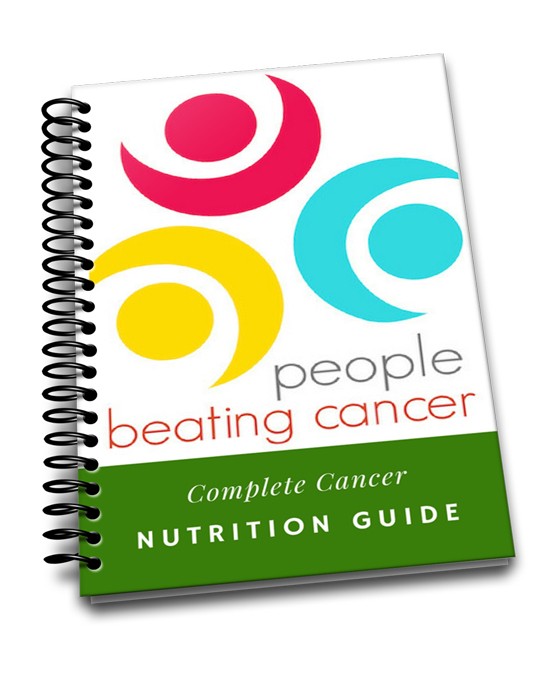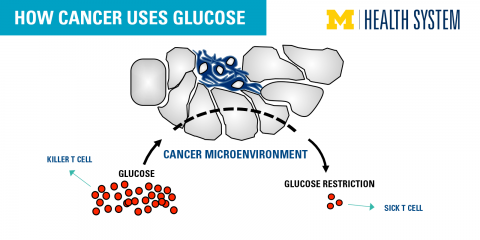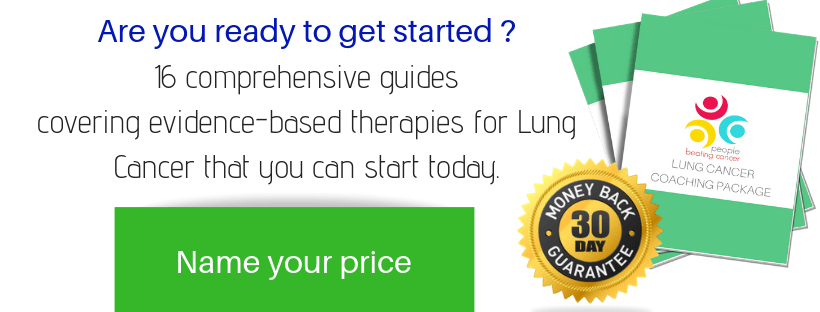Leave a Comment:
5 comments
[…] Lung Cancer Diet- […]
Reply[…] Lung Cancer Diet- […]
Reply[…] Lung Cancer Diet- […]
ReplyMy mom, who is 78 years old, has stage 4 non small cell lung cancer with egfr mutation, that’s why her oncologist placed her on Tarceva 150 mg. She is also end stage renal disease, dialyzing 3 times weekly, diabetic, hypertensive and anemic. She is suffering a lot from the side effects of Tarceva (nausea, weakness, neuropathy, coughing, low blood count, etc.) I’ve recently changed her diet drastically to cut out sugars and bad fats, started her on veggie juices, amped her vitamins and supplements (turmeric, astragalus, vit. D, E, and Vit. C, etc)which seem to be helping her a lot with the side effects. I learned that cancer is a disease the develops when the immune system is compromised, like in my mom’s case, the toxins in her body accumulated over a long time and led to this diseased state. I don’t understand why, to treat the disease, we’re told by her oncologist to give her another chemical drug that would add to her toxic overload. I’m almost close to just giving her all natural, alternative means to boost her immune system and help her body heal itself. She has suffered enough. I just need guidance on what other natural treatments I can give her and if it’s wise to let her oncologist know we’re considering discontinuing Tarceva as a form of treatment. Thank you!
ReplyHi Rowena-
I am sorry to read of your mom’s lung cancer diagnosis. I understand exactly what you are saying. Yes, toxic chemo will lower your mom’s quality of life for what time she has left. Unfortunately there are many patients and caregivers who want to do anything that might give them more time (length of life).
I will email several cancer coaching guides to your yahoo email address that summarize what I have learned about late stage cancer therapies. You are between a rock and a hard place.
One more important issue. The field of “palliative” oncology is not “hospice.” Palliative therapy’s mission is to manage pain. Studies show that earlier palliative therapy results in longer live with higher quality of life. Your oncologist should be able to help you with this.
Let me know if you have any other questions.
Hang in there.
David Emerson
Reply





